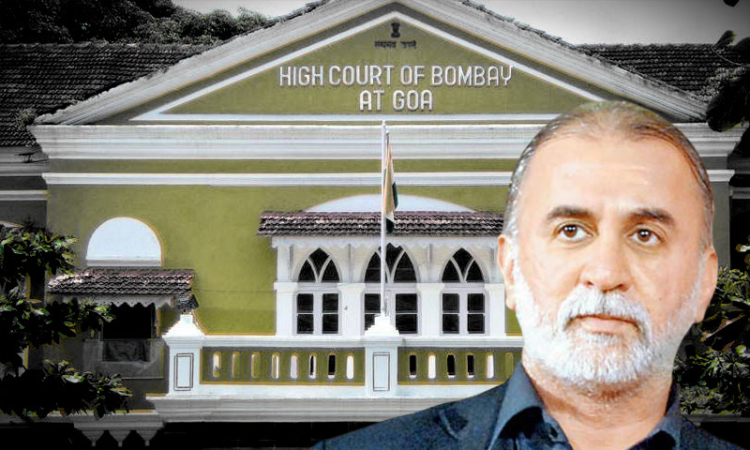The Goa Government has cited the trial court's lack of understanding of a rape victim's post-trauma behavior, using her past sexual history and education as legal bias against her but not using the same standards against the accused, and making observations driven by "patriarchy" as some of the grounds to challenge the judgment acquitting journalist Tarun Tejpal. In its...

